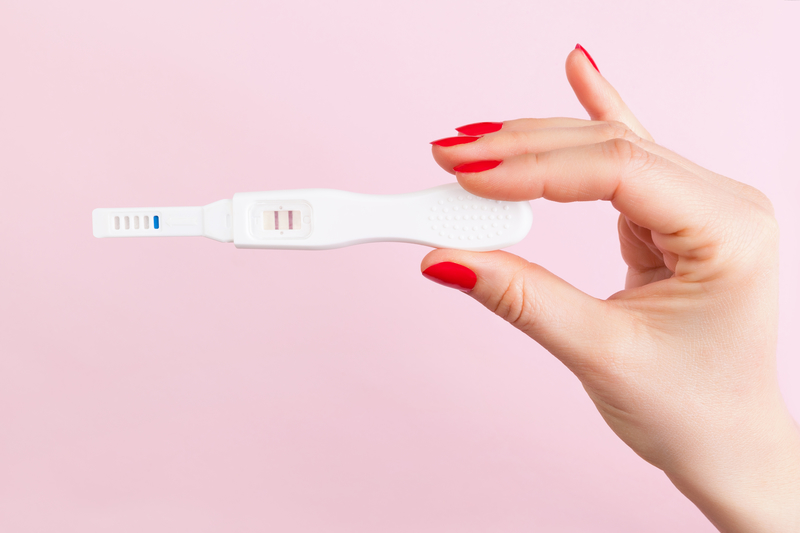Choosing when you should take a pregnancy test requires a little bit of self-control. Those first few days after trying to conceive a baby can be an exciting — or a nerve-racking — time, depending on your personal threshold for uncertainty. The same goes for those first few days after your period was supposed to begin … but didn’t.
However, as overwhelmed by emotion as you might feel when you’re sexually active and targeting — or avoiding — pregnancy, it’s important to take a deep breath and proceed with an over-the-counter home pregnancy test only when the time is right.
Early signs of pregnancy
According to the American Pregnancy Association, only 29% of women report a missed period as their first sign of pregnancy. It’s a good idea to look out for other signs too:
- Nausea, food aversion or unusual food cravings
- Breast swelling or tenderness
- Spotting or light bleeding (also called implantation bleeding)
- Tiredness or fatigue
- Backache or headache
When the time is right to test
Urine pregnancy tests are 97% accurate and can be taken as early as the first day of your missed period. For somewhere between $8 and $20, you can take a home pregnancy test and process the results privately. It’s not advised to take a home pregnancy test the day after trying to conceive. At this time, your urine will definitely not contain the human chorionic gonadotropin (hCG) hormone, which is made about a week after conception, during implantation.
In the event that you get a negative result on your test — but still observe some of those early signs of pregnancy — you might have taken the test too early or received a false negative. Try waiting a week and taking the test again to confirm or challenge your initial result. It’s also at this stage (one week following a missed period and with or without accompanying symptoms of pregnancy) that you can make an appointment for a blood test with your gynecologist. While the blood test won’t feel as private as at home in your bathroom, it does afford you the opportunity to ask questions and plan for future obstetric needs and visits.
We know it can be difficult to wait to take that pregnancy test when you’re trying to conceive, but the wait isn’t very long. The good news for women who don’t want to get pregnant is that a missed period does not automatically signal pregnancy, and a home pregnancy test can usually determine pregnancy status right after menstruation is absent.
In other words, try to relax and take things one day at a time.


